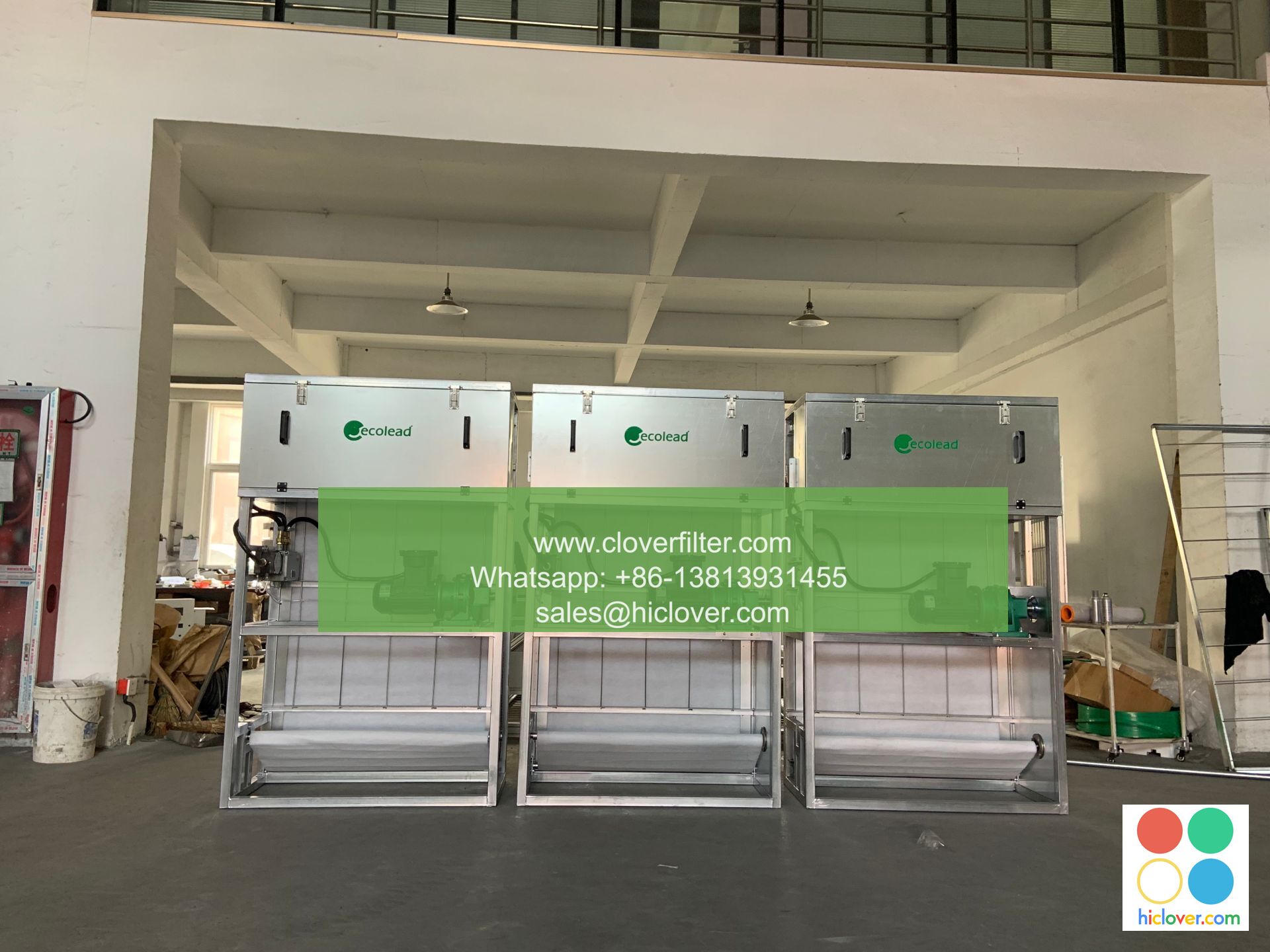A Guide to Understanding Air Filter Privacy Policy: What You Need to Know

A Guide to Understanding Air Filter Privacy Policy: What You Need to Know
Introduction
In today’s digital age, privacy has become a top concern for individuals and organizations alike. With the increasing use of air filters in various applications, it is essential to understand the privacy policies surrounding their use. In this article, we will delve into the world of air filter privacy policies, exploring what you need to know and highlighting various application areas.
What is an Air Filter Privacy Policy?
An air filter privacy policy is a statement that outlines how an organization collects, uses, and protects personal data related to air filters. This policy is typically provided by manufacturers, suppliers, or service providers of air filters. The policy may cover various aspects, including:
- Data Collection: How the organization collects personal data, such as names, addresses, and contact information.
- Data Use: How the organization uses personal data, including purposes such as marketing, sales, and customer service.
- Data Protection: Measures taken to protect personal data from unauthorized access, use, or disclosure.
- Transparency: The policy should clearly outline how personal data is collected, used, and protected.
- Consent: The policy should obtain explicit consent from individuals before collecting and using their personal data.
- Data Security: The policy should outline measures taken to protect personal data from unauthorized access, use, or disclosure.
- Data Retention: The policy should outline how long personal data is retained and how it is disposed of.
- Industrial Automation: Air filters are used in industrial automation to remove contaminants and improve air quality. Manufacturers and suppliers of air filters must ensure that their privacy policies comply with industry regulations and standards.
- Healthcare: Air filters are used in healthcare settings to prevent the spread of diseases. Healthcare providers and manufacturers of air filters must ensure that their privacy policies comply with HIPAA regulations and industry standards.
- Commercial Buildings: Air filters are used in commercial buildings to improve indoor air quality and reduce energy consumption. Property owners and managers must ensure that their privacy policies comply with industry regulations and standards.
- Review and Update: Regularly review and update their privacy policies to ensure compliance with changing regulations and industry standards.
- Transparency: Provide clear and concise information about how personal data is collected, used, and protected.
- Consent: Obtain explicit consent from individuals before collecting and using their personal data.
- Data Security: Implement robust data security measures to protect personal data from unauthorized access, use, or disclosure.
Key Takeaways
When reviewing an air filter privacy policy, it is essential to look for the following key takeaways:
Application Areas
Air filter privacy policies have significant implications across various application areas, including:
Best Practices
To ensure compliance with air filter privacy policies, organizations should:
Conclusion
In conclusion, understanding air filter privacy policies is crucial for individuals and organizations alike. By reviewing and complying with air filter privacy policies, organizations can ensure that they are protecting personal data and complying with industry regulations and standards. Remember to always review and update your privacy policies regularly to ensure compliance with changing regulations and industry standards.
It looks like you’re getting started with a blank slate! What would you like to talk about or ask? I’m here to help with any questions, provide information, or even create a fun conversation. Let me know what’s on your mind!


